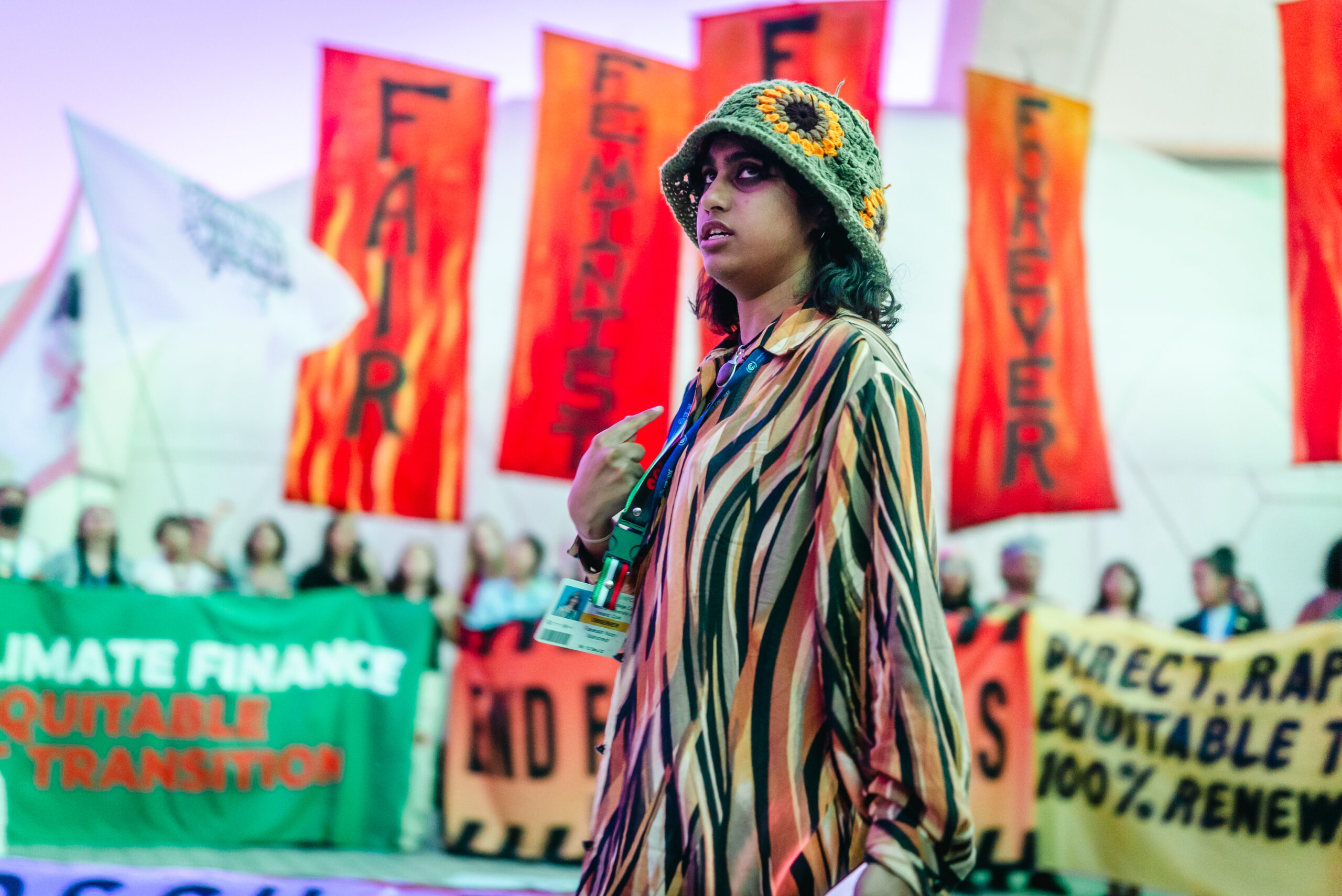NAIROBI, Kenya – As the Maputo Protocol marks its 20th anniversary, African girls and young women are raising their voices, demanding its full implementation across the continent. This landmark document, prohibiting harmful practices and advocating for women’s rights, remains unfulfilled for millions due to incomplete ratification and domestication.
Despite this persistent hurdle, a gathering in Nairobi this week pulsated with the optimism and determination of young women from 13 African nations. They came together to celebrate the Maputo Protocol’s potential while holding governments accountable for unfulfilled promises.
“The future of African girls and young women is now,” declared Janet Ramatoulie Sallah-Njie, the African Union Special Rapporteur on the Right of Women in Africa. “We cannot afford to wait. Their time for inclusion in policy has arrived.”
Sallah-Njie emphasized the crucial role of girls and young women in shaping their own lives and futures, pointing out that the Maputo Protocol was crafted with them in mind. This sentiment resonated with Hawanatu Mansaray, Program Manager at Defence for Children Sierra Leone, who urged women to “own the leadership space” to ensure their voices are heard.
However, claiming rights requires knowing them. As Felicity Fekele, a young #SheLeads champion from Ethiopia, passionately stated, “To claim our rights, we must first know our rights!” She challenged the use of statistics to objectify girls and young women, demanding active engagement with policies and a refusal to be silenced.
Bina Maseno, a renowned political figure and gender specialist, echoed this sentiment, calling the Maputo Protocol “not just a document, but a vital policy that opened doors for women’s inclusion in Africa’s development.” She challenged African heads of state to honor their commitments by fully ratifying and implementing the protocol.
This is not merely a call for words, but for action. The voices of these young women, amplified through the #ISpeak4Myself hashtag, reverberated across the continent, demanding tangible progress. The next chapter of the Maputo Protocol story is being written now, and its authors are determined to claim their rightful place in a future where their rights are respected and their potential unleashed.

